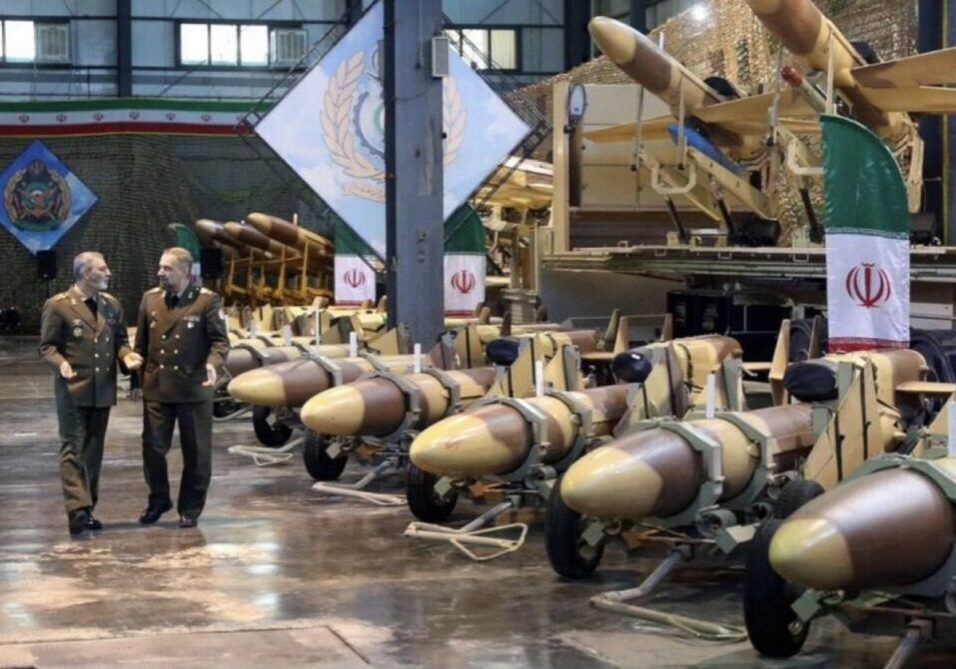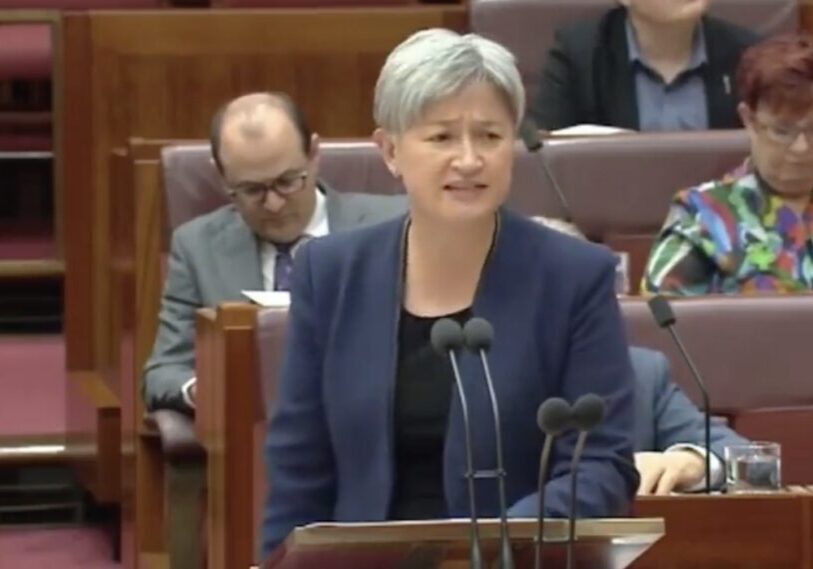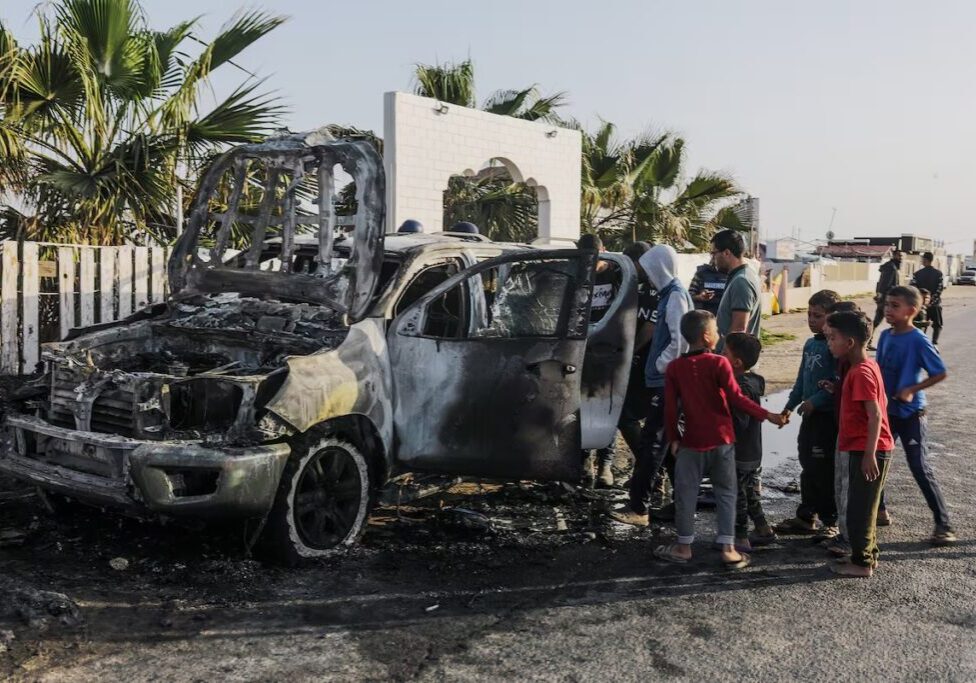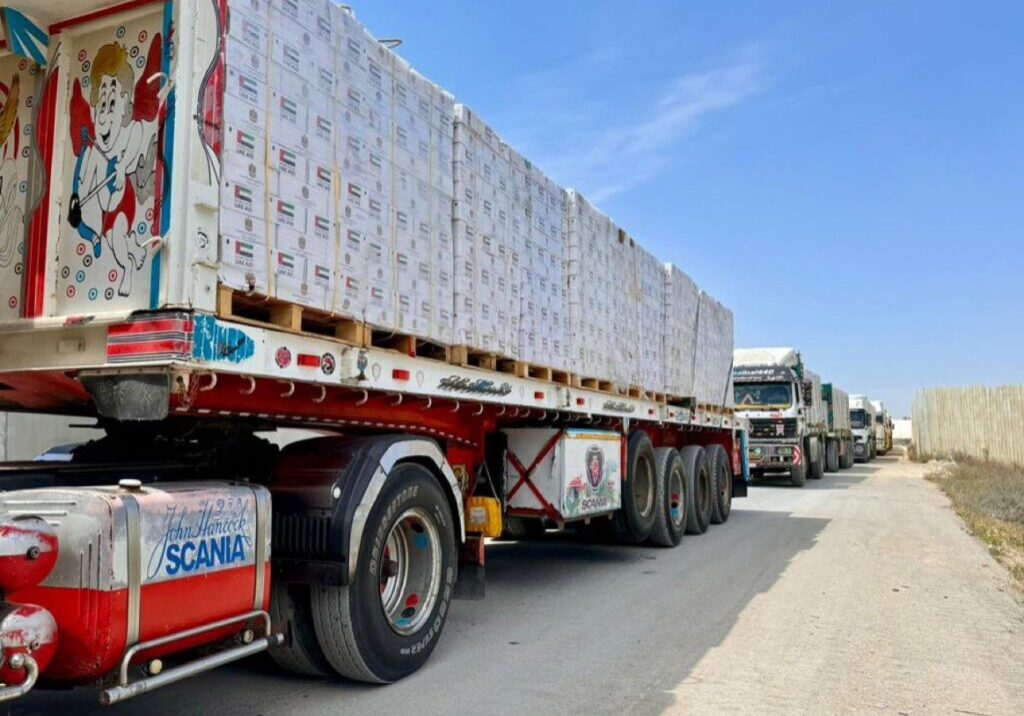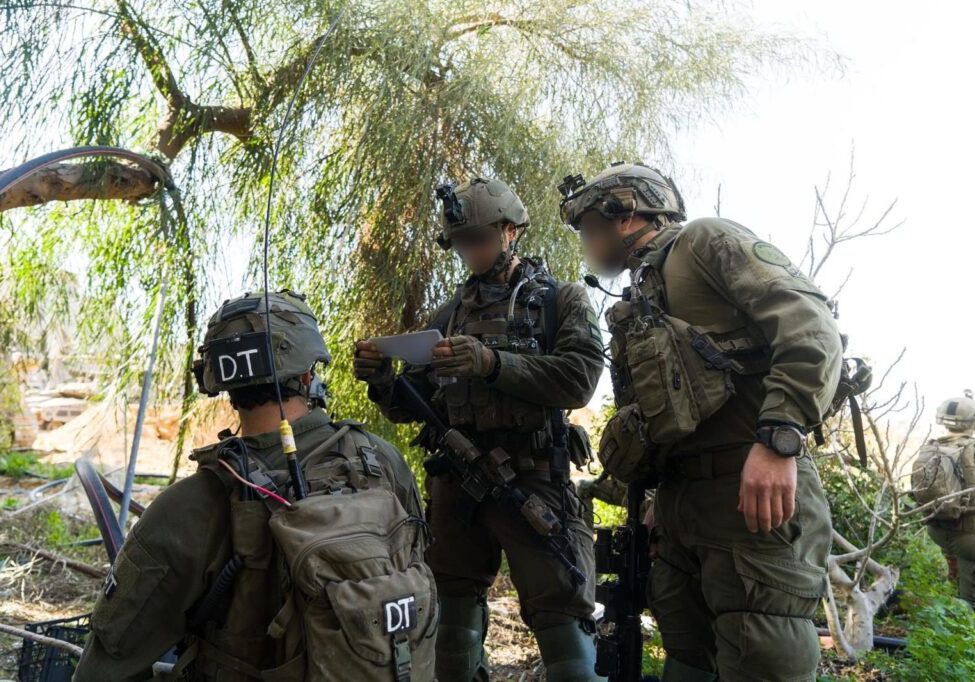Australia/Israel Review
Lebanon – ready to explode?
Mar 25, 2013 | Michael Totten
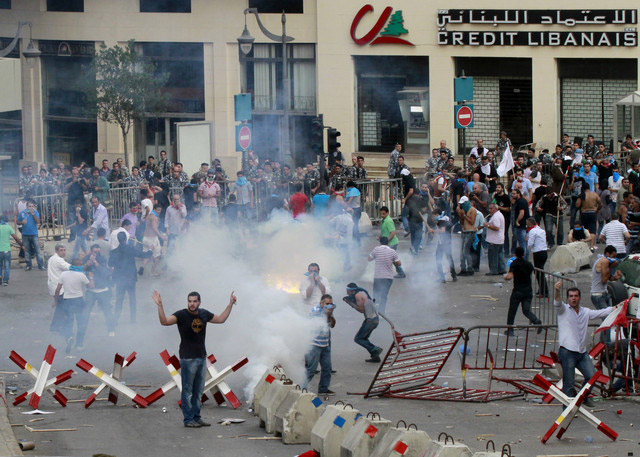
Michael Totten
BEIRUT – Lebanon always looks and feels like it’s ready to erupt into armed conflict, but today it’s more ready than usual. The Syrian civil war next door weighs heavily on this place. Sunnis and Alawites are fighting round after round with no end in sight in the city of Tripoli, and now the northern Bekaa Valley, between Mount Lebanon and the Syrian border, is likewise gearing up to explode.
Lebanese citizens in that region are already killing each other. The only reason their part of the country hasn’t yet turned into a war zone is because they’re killing each other on the other side of the border, which lies a mere handful of miles from where they reside. They’re crossing into Syria to shoot at each other before hunkering down in an unnerving balance of terror when they return home.
The two sides are composed of Sunni and Shi’ite Muslims. “Both communities,” Nicholas Blanford wrote in Beirut’s Daily Star, “are rooted in strong tribal traditions, have a general disdain for the authority of the state, are fiercely independent, have a history of militancy, are well armed and, most pertinently, have chosen to actively back opposing sides in Syria’s civil war raging just across the border.”
Lebanon’s Sunnis by and large support the Free Syrian Army while most of Lebanon’s Shi’ites support the regime of Bashar al-Assad, Hezbollah’s second-tier patron after Iran.
Most residents of the northern Bekaa are Shi’ites, and most of them support Hezbollah. Yet there’s a Sunni enclave up there, as well, centred around the town of Arsal in the anti-Lebanon mountains between the floor of the Bekaa and the Syrian border. Since Arsal is so remote and so near the frontier, it is turning into a hub for the Free Syrian Army. People and weapons are smuggled over the border through there in both directions.
Meanwhile, the town of Hermel – the local Hezbollah hub – is just a few couple of miles away.
The fighting is taking place in the region of Qusayr, immediately north of the border and just south of the Syrian city of Homs. Hezbollah will desperately need control of that area if the Assad regime falls so it can continue receiving weapon shipments by ground from the Iranian government.
A couple of days ago I drove up there to look around. It’s the only part of the country I hadn’t seen before. I never had a reason to go there. Nothing much used to happen, and besides, it’s controlled by Hezbollah and therefore better avoided.
Friends in Beirut warned me not to get out of the car. “You’re obviously an outsider,” said one. “If you think Hezbollah’s guys in the south [along the Israeli border] are tough, you really don’t want to encounter the ones in the north.”
Lots of journalists have been “arrested” by Hezbollah and kicked out of the area, but Nicholas Blanford has lived in Lebanon for decades and is better connected than just about anyone. He managed to speak to a few people up there. A businessman in Hermel told him, “We are very worried about the Salafists coming here and attacking us. We all support Hezbollah here. They are our only guarantee of protection.” A Lebanese Sunni who fights with the rebels and lives a mere walking distance away from Hezbollah territory said, “When we are done there [in Syria] we are going after Hezbollah here. The Free Syrian Army will come and clean Lebanon.”
The Hermel Pyramid, an ancient pre-Roman monument overlooking the Syrian border, is the one place where it’s sometimes okay to get out of the car – as long as you first scan the area for black SUVs with tinted windows and without any license plates. Those vehicles belong to Hezbollah. Spotters use the area as an observation post since they can see right into Syria. You can even hear the war raging in Syria if Homs is being bombarded or shelled. It’s only a few dozen miles away in a straight shot across an open plain.
Look north and you can see Syria. Look to the left and you see Hermel, Hezbollah’s local command and control centre. To the right is the Sunni enclave around Arsal. You could walk from one community to another in an hour or so. The Lebanese customs gate is just a ten minute drive from the pyramid.
How long can the people who live in this area continue to shoot at each other on only one side of an arbitrary line in the valley?
I hardly saw any Hezbollah flags. The Syrian-Iranian proxy militia is all but invisible. But it’s still clear who lives in the area and who they support. Billboards on the side of the road feature Bashar al-Assad wearing sunglasses and military fatigues. Iran’s dead tyrant Ayatollah Khomeini makes several appearances, as do Iran’s current rulers Ayatollah Khamenei and Mahmoud Ahmadinejad. I saw a couple of Iranian flags, but hardly any Lebanese flags. You could be forgiven for thinking you were somewhere in Iran if you didn’t know better.
The Lebanese Army mans a few checkpoints in the area, but the checkpoints aren’t serious. They are pure security theatre. I was waved through with hardly a glance and without even stopping the car. To be sure, I didn’t look even remotely like a Free Syrian Army guy or a Hezbollah member in my little rented Renault, but still. A serious army on the razor’s edge of a war zone should at least pretend to be interested in who is coming or going, but Lebanon’s isn’t. The border area is exposed and wide open. Just about anything could come out of the Syrian crucible and into Lebanon without meeting any resistance at all. Just yesterday artillery shells from the Syrian Army landed in Lebanon’s Akkar region, a few dozen miles to the northwest. The Lebanese Army has done nothing about it and will continue doing nothing about it.
I met with Samy Gemayel, a current Member of Parliament and the son of former President Amine Gemayel. “It’s a miracle a war here hasn’t already started,” he said. “I don’t understand it. And I don’t know how long this can last.”
“Neither side is interested in fighting in Lebanon,” said Michael Young, the Opinion Page Editor at Beirut’s Daily Star. No doubt that’s true – otherwise a war would have started. Or, more accurately, the war would have expanded. But we’re only one miscalculation, one tragic misunderstanding, or one hot-headed overreaction away.
“The country is on the brink of collapse,” said Hanin Ghaddar, NOW Lebanon’s Managing Editor. “It has been on the brink of collapse my entire life.” Indeed, the country has collapsed repeatedly during her life and mine.
It always rebounds. As someone once put it, Beirut is a city that always seems to be “back”. The reason it’s always “back” is because it keeps going down.
Syria has been exporting violence for decades. The regime in Damascus has exported terrorism to every single one of its neighbours. Now it’s sucking them in. Iran is involved. Lebanon is involved. The Saudis and the Qataris are involved. Even Iraq is involved. Your guess is as good as mine how much longer Turkey, the US, and Israel can stay out.
Michael J. Totten, a contributing editor for World Affairs journal, has reported from the Middle East, the Balkans, and the former Soviet Union. His work has appeared in the New York Times, Wall Street Journal, New Republic and numerous other publications. He is the author of The Road to Fatima Gate, In the Wake of the Surge, Where The West Ends, and Taken, a novel. Reprinted from World Affairs (www.worldaffairsjournal.com). © Michael Totten, reprinted by permission of the author, all rights reserved.
Tags: Lebanon

